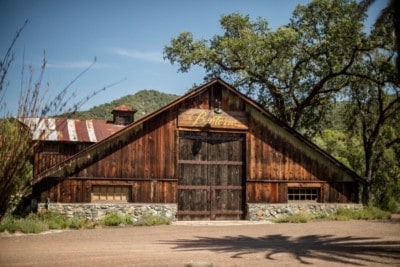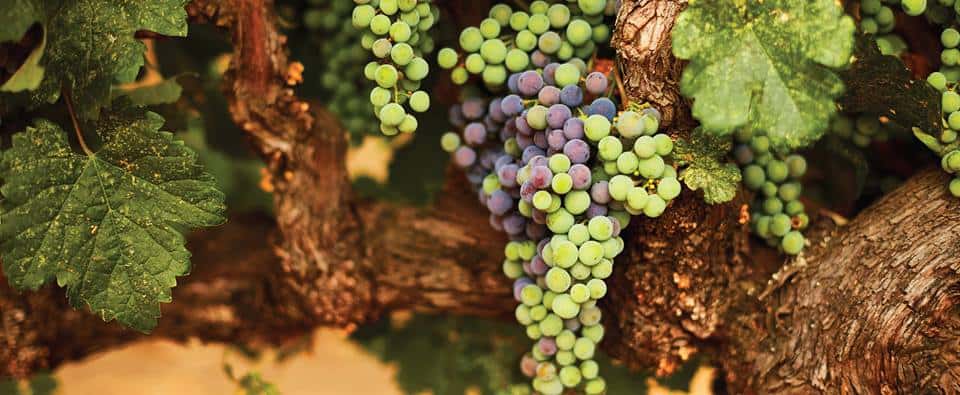Food has long been the focus for organic farming practices, while wine has been a latecomer to the party. Sure, the words sustainability and organic are thrown around a lot, but what do they really mean in practice? And how exactly does incorporating them protect our natural environment?
Bonterra Vineyards is aiming to demystify what organic and sustainable wine means to consumers. As the first zero-waste certified wine company, they became the first winery to sign the Paris Climate Agreement. The company has farmed organically for over thirty years, using a low-intervention, Earth-friendly approach that eschews harmful synthetic pesticides in favour of beneficial animals and insects. “We run our winery in a way that is accountable to both the environment and people,” says Elizabeth Drake, the Regenerative Development Manager at Bonterra Organic Vineyards.
We asked Drake more about what she does and how we can integrate sustainability into all aspects of our lives.
SDTC: Tell us one little-known aspect of making sustainable wine.
ED: At our estate vineyards, we implement a coordinated mix of organic practices, including applying compost, planting cover crops, reduced tillage regimes, enhanced insect and wildlife programs, and conservation of nearly 50% of our land in a natural state. It may be surprising to learn that we incorporate animals such as sheep in our vineyards to graze on cover crops. While this is not a requirement of sustainable or organic farming, it’s something we do to naturally control weeds, keeping herbicides away from our vines while avoiding high-emission tractor passes. Additionally, this approach brings added fertility to the soil. It is always a delight to see thousands of sheep grazing among the vines at key times of the year!

What have you learned in your position that has inspired you?
I continue to be inspired by the opportunities to introduce sustainability across our winery and business. We have introduced comprehensive programs that address our waste stream, and we now hold TRUE zero-waste certification.
We are also very focused on minimizing our greenhouse gas emissions and have powered ourselves exclusively with green energy for over twenty years through a combination of on-site solar power and renewable energy credits. As a certified B Corp, we continually work to enhance the way we care for people and communities, underscoring the importance of sustainable business practices.
How can we shift the way we shop to consider sustainability more?
Seek out shops, retailers and restaurants that champion sustainable and organic practices across all product categories. In the wine space, specifically, know that wine experts at sustainability-minded establishments have done their research—seeking sustainable producers and tasting organic wines—to offer selections that align with your values and deliver great quality.
When shopping on your own, read labels. Bonterra wines carry organic certification and include this on the label—meaning our responsible practices are verified. Through our network of like-minded farmers, we aim to build a collaborative community grounded in craftsmanship and organics. We partner with organic growers throughout California and provide guidance and support to farmers who wish to transition their vineyards from conventional to organic farming. In choosing our wine, you help bolster this network, which, in turn, helps grow the reach of sustainable agriculture across more farms.

How much of an impact can we have if we make this shift?
We recently conducted a study in partnership with Pacific Agroecology to discover how farming choices affect organic carbon storage in vineyards. The study’s findings indicate that organic farming has a positive impact on soil-carbon stewardship, a key component of the global effort to slow climate change.
Every time you support a cause or purchase a product that is verifiably good for the world, you help nudge the economy—and widespread business practices—toward sustainability on a global scale. Organic wine is a great example of this effect, because wineries like us have invested over the years in both better farming and better business practices, giving back to the community through pioneering research and education.



 Follow Us On Instagram
Follow Us On Instagram
